Reading the Bible
This Bible is without question a unique book. It’s estimated that, worldwide, about 5 billion copies have been sold, making it by far the best-selling book of all time. It’s been translated into roughly half the world’s languages. And really it’s not a single book but a library: written down by different authors over a period of about a thousand years, living everywhere from nomadic societies to busy cities, and writing in three different original languages (none of them English!). It contains history and poetry, theological letters and legal instructions, practical wisdom and strange visions.
But the Bible is more than just an important best-seller! Christians believe this book is the place we go to hear the voice of the living God. Paul, in one of the letters in New Testament (that’s the last section of the Bible), puts it like this:
'All Scripture is God-breathed and is useful for teaching, rebuking, correcting and training in righteousness [...]'
2 Timothy 3 v16, NIV
‘Scripture’ is is another word for the Bible, and ‘God-breathed’ means exactly what it says: breathed out by God, in a similar way to how you and I use your lungs and our breath to speak words. Although written down by many different human authors, behind all of these is a single Author with a capital A.
And this Author’s words is worth listening to! God made us, love us, and sent his son Jesus to rescue us. His words are the most useful thing we can turn to if we want to understand our world and ourselves, and the best way to find out about Him. It’s the equivalent of reading the maker’s instruction manual. As Paul says, it’s the best resource for all kinds of things: teaching is about God and Jesus and ourselves, correcting us when we go off-track, and training us to follow him and serve one another better.
Even so, the Bible is not always an easy read! Opening such a thick book can be daunting, especially one where many of the situations and styles of writing seem pretty strange and ancient to us. Although written for us, it’s not always written directly to us, and often to understand what a passage teaches about God we need to get to grips with the context it was written in and the people it was written to. So we’ve put together this page to list some of the resources and approaches to the Bible that Christians at St Patrick’s have found helpful.
You’ll find pointers to various kinds of Bible reading guides (both paper and online) for all ages and styles. Many are designed to use quietly on your own, and help you read and think through the Bible in bite-sized pieces. Some are great resources for groups or families: if you’re part of family with younger children or teenagers, you might want to think about whether these might be good to use together.
If you’re not a member of a church, coming along (or tuning in online) week by week can help too: it’s where we hear the Bible explained together as a church family, and reflect on it with each other. Hearing the Bible taught in church is a great way to help you get into reading it yourself, and a great place to find other Christians who’d love to chat with you about what it is.
Whatever resources you use, don’t forget you can ask the Author for help directly, too. Take a minute to pray before you open your Bible, asking God to use it to speak to you through it. As you read, ask God to help you understand it - especially any bits you find puzzling or challenging! - and apply it to your life.
The Bible itself:
The Bible wasn't originally written in English, but most of us can't read Greek or Hebrew! Happily there are lots of good, reliable, careful translations of the Bible into modern English. At St Pat's we mostly use the New International Version (NIV) of the Bible, which uses clear modern English throughout. We use the UK version which uses British spelling and idioms, though the American version is very similar. Another good translation - perhaps slightly more academic - is the English Standard Version (ESV). You can buy both the NIV and ESV online or in bookshops in numerous shapes and formats.
You can read the Bible on a computer at Bible Gateway (https://www.biblegateway.com). Look for "NIVUK" in the drop-down on the right to get the exact text we read from in services at St Pat's.
You can also find it here
For smartphones you'll find a bewildering variety of Bible apps. You might want to try:
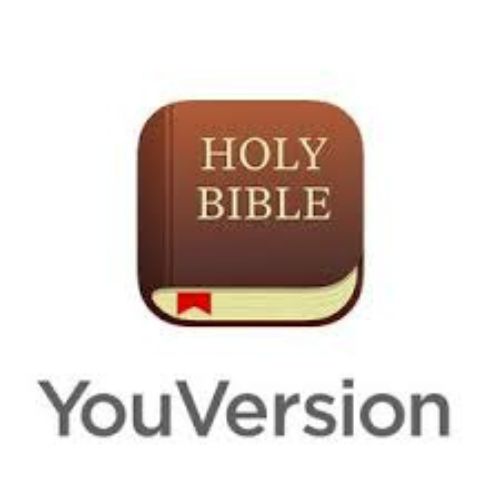
"YouVersion Bible App"
(published by Life.Church
|
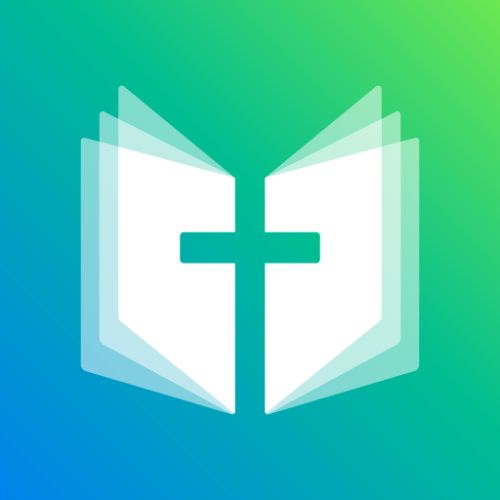
"NIV Bible" or "Life Bible" (published by Tecarta Inc)
|
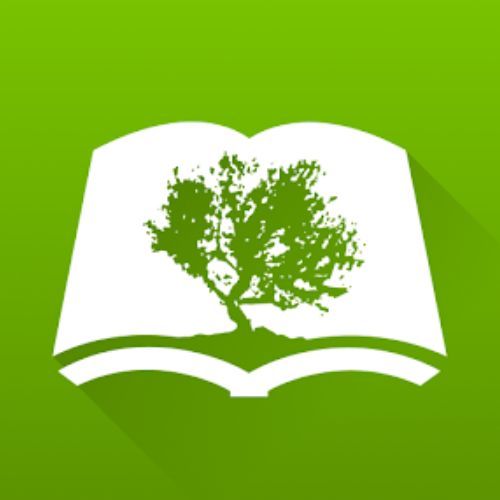
"NIV Bible App by Olive Tree" or "Bible App by Olive Tree"
(published by Gospel Technologies)
|

"ESV Bible"
(published by Crossway)
|
All of these include free access to the NIV or ESV (or both), though some of them will use ask you to create an account, show occasional adverts, or depend on wifi or mobile data to download the Bible while you're reading.
General tools for reading the Bible:
Daily Bible Reading Guides:
-
For an app with good daily Bible reading guides, "Our Daily Bread" is good and available free in both the Android and Apple app stores. You can read or listen, and it now includes an option with British speakers.
-
Ginny, our Church Operations Manager enjoys using the Bible reading plans on the app YouVersion. She's currently doing this one:
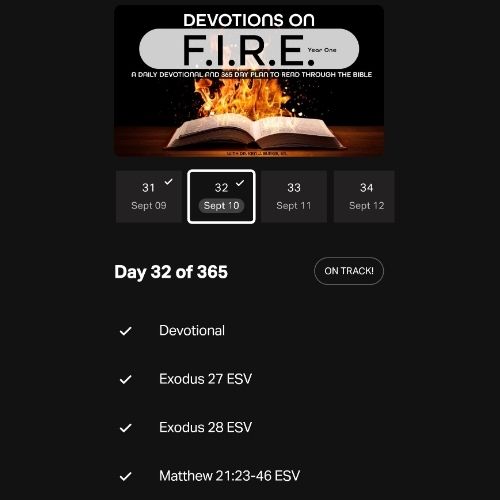
going through the Bible in a year, which she started in August- so no need to wait until January!
-
For those who like a physical book, Alistair Begg's "Truth for Life" books have a year of short Bible readings: each one fits on a single page, and you can of course ignore the dates and work through them at your own page. He's produced two years' worth so far (volumes 1 and 2) available on paper or as ebooks. Each day's reading does a great job of unpacking and applying a piece of the Bible in the light of the gospel.
-
Our Administrator Rachel recommends 'Cover to Cover' which goes through the Bible chronologically.
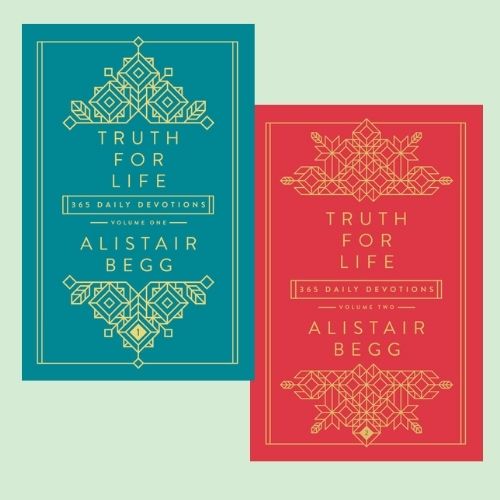
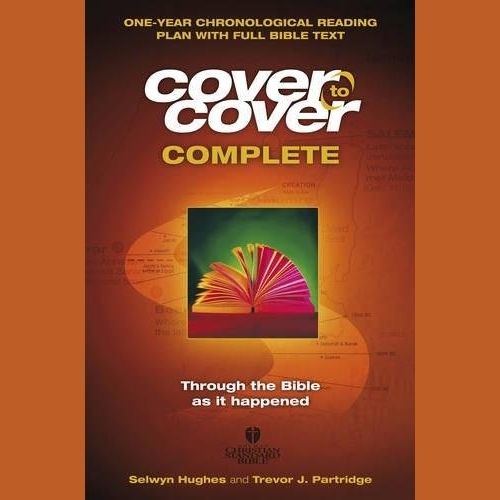
Understanding specific Bible books:
-
A highly recommended series of books is by the Good Book Company, called 'God's Word For You'. These are easy to read and help not only with understanding the book better, but also how it applies, with questions at the end of each chapter to help you think more deeply about it.
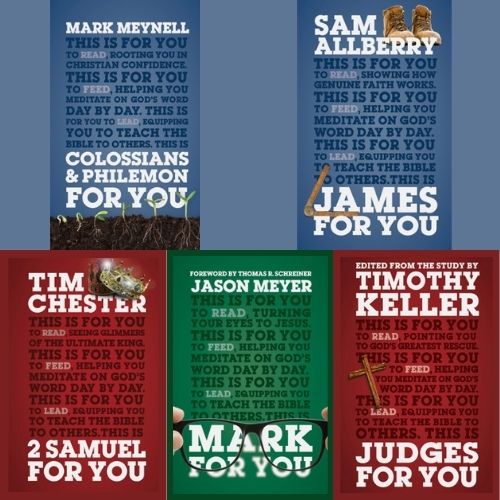
Non-reading resources:
Ailish, our Children's and Families minister loves a podcast! Some of the ones she listens to regularly are: 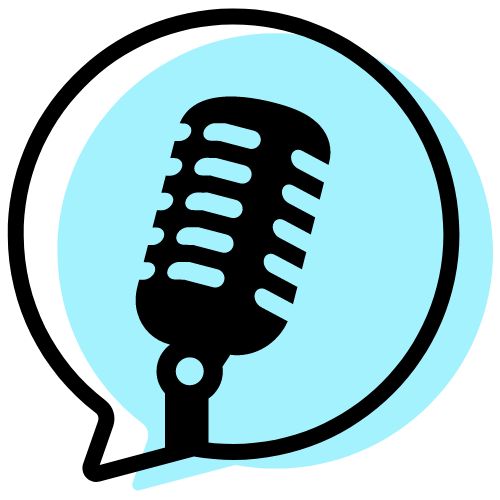
For Children and Young People: